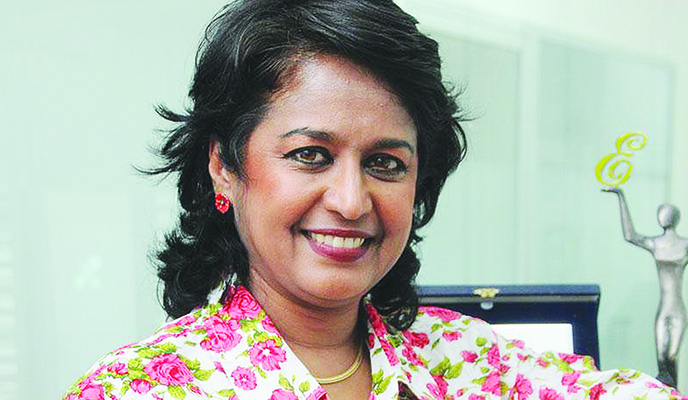
THREE international relief agencies led by the Bill and Melinda Gates Foundation have launched the Alliance for Accelerating Excellence in Science in Africa (AESA) to accelerate science learning and drive the continent’s research agenda and scientific capacity-building programmes.
BY OWN CORRESPONDENT
The other partners are Wellcome Trust and the UK Department for International Development.
The initiative, being run by the African Academy of Sciences (AAS) and the New Partnership for Africa’s Development (Nepad), has already received $5,5 million as initial seed funding.
Speaking at the launch in Nairobi, Kenya, on Thursday, Mauritian President Ameenah Gurib-Fakim said: “Now is the moment for African governments to take action and prioritise funding for local scientific research and innovation. As a scientist, entrepreneur and a President, I’ve seen first-hand the impact that investments in science can have both on individual researchers and on a country’s development.”

The launch also featured the announcements of two grant programmes intended to support Africa’s future research developing excellence in leadership, training and science, Africa Awards and Grand Challenges Africa.
Speaking at the same event, Nepad chief executive officer Ibrahim Mayaki said: “The launch of AESA today is a significant milestone in driving investment in health research and lifting science across the continent.”
- Chamisa under fire over US$120K donation
- Mavhunga puts DeMbare into Chibuku quarterfinals
- Pension funds bet on Cabora Bassa oilfields
- Councils defy govt fire tender directive
Keep Reading
“AESA will ensure that Africa contributes to the global pool of scientific knowledge and technological innovations.”
In addition to serving as a scientific think-tank, AESA will manage more than $70 million in Africa-focused research programmes as part of its broader effort to build Pan-African scientific capacity and leadership.
Currently, Africa accounts for roughly 15% of the world’s population and 25% of the global disease burden, but only 2% of research output.
In Zimbabwe, research capacity has steadily increased over the past 50 years as the number of researchers per million population has increased by 288%.











